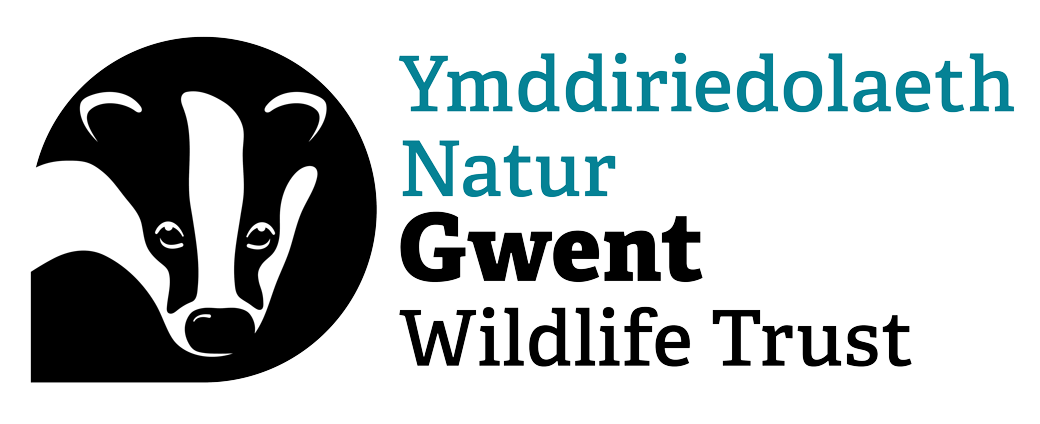Search
Chwilio
Reedbed
Found between water and land, reedbeds are transitional habitats. They can form extensive swamps in lowland floodplains or fringe streams, rivers, ditches, ponds and lakes with a thin feathery…
Perfect Pollinators
Slavonian grebe
The rare Slavonian grebe is an attractive diving bird with distinctive, golden ear tufts that give rise to its American name - 'horned grebe'.
Wilder Resources
Farmland
Farmland can conjure up rural images of brown hares zig-zagging across fields, chattering flocks of finches and yellowhammers singing from thick, bushy hedges and field margins studded with…
How to make a hedge for wildlife
Hedges provide important shelter and protection for wildlife, particularly nesting birds and hibernating insects.
Welsh poppy
The Welsh poppy is a plant of damp and shady places, roadsides and hillsides. It is also a garden escapee. It flowers over summer, attracting nectar-loving insects.
Pontypool Wild Spaces Volunteers
What's happening in Pontypool?
Gwent Wildlife Trust has partnered with Pontypool Community Council on a new and exciting project. We will be transforming Pontypool’s green spaces into…
Filming and Photography Opportunities on our Nature Reserves around Gwent
If you're not sure which of our reserves would best suit your requirements, please contact us to tell us more about what you are looking for, and we can advise what might suit you best.
On Our Reserves - October 2024 Update
Find out what our staff and volunteers have been up to this month on our reserves and more importantly - why!
On Our Reserves - November 2024 Update
Find out what our staff and volunteers have been up to on our reserves this month and more importantly - why!
